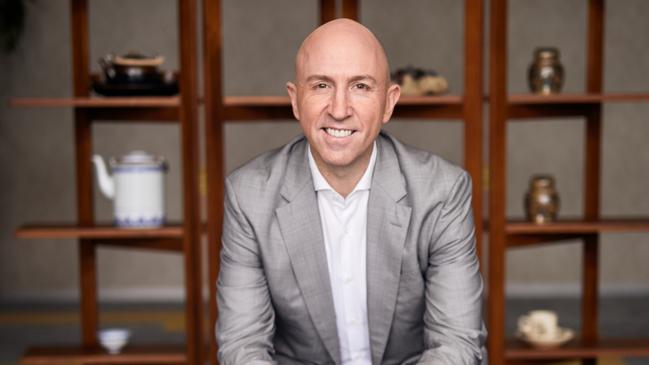Corporates look to hire from a global pool of workers
Will technology and the 2020 experiment in working from home mean that we will soon be able to work from anywhere?

Scott Russell says he is proof of the global opportunity for Australian workers in the aftermath of the COVID-19 crisis.
For the past three years he has been the president of Asia Pacific Japan for German global software giant, SAP, based at Mapletree Business City, one of the largest integrated developments in Singapore, on the edge of the city’s CBD. But in the pandemic, the Australian-born Russell, who grew up in Ballarat has been running SAP’s regional operation from the city where he started his career as a management consultant in 1999.
“I have been able to manage my business across the region and still engage on driving my company going forward, from home in Melbourne,’’ he says. Russell, who spent the past decade moving up through the SAP business and was formerly managing director for Southeast Asia, says the remote working boom could be a boon for Australians.
“Australia is a highly educated market and historically we have seen Australians (like) myself moving overseas for opportunities. That trend will no longer be as necessary,’’ he says. “When COVID happened, we had been leading a lot of our global supply chain thought leadership out of Australia, especially for the asset intensive and resource industries. In partnership with our major customers here, the ideation is world leading. Even though our engineers are sitting in other parts of the world, the thought leaders are here. It has worked really effectively.”
Australia is one of the best performing parts of SAP’s global empire. The Department of Defence recently signed a major contract to use SAP’s business technology platform, which hosts many of the software giant’s supply chain modules that help with planning and forecasting. SAP’s other major local customers include the nation’s biggest miners, banks and retailers. Russell says the firm has been helping companies pivot their workforce during the pandemic and recently launched a new online resource called BacktoBest to provide companies with the tools and information to get up to speed after COVID. The digital platform includes more than 50 SAP and partner solutions to address the most pressing challenges facing companies.
“The use of office space in the future will be less about day-to-day work. It will be for ideation and value creation. Companies are saying they want to use their spaces for that rather than a place of employment,’’ Russell says. “We haven’t seen a trend of a renegotiation of office space yet. That is still to come. But the use of the facilities for productive means is being revisited. A number of companies had already moved to more creative ways of using office facilities but COVID will only accelerate this trend. For some companies it will mean a reduction in space. For others it will be about using the space differently.”
Russell says SAP had been surprised with the adaptability of many businesses to the changing work environment, especially their focus on employee wellbeing. “We offered a service for free to businesses around the world to survey employees. For example, one client, St John Ambulance, have been using weekly polls to interact with their staff, ensuring they have the right support framework,’’ he says. “We have also seen a big focus on workers’ policies — re-examining benefits and insurance, and providing equipment from home. Mental health, wellbeing and understanding the changing dynamic for working people is where there will be a continued focus in the post COVID world. We are disrupting the way people live and work and we won’t go back to the way we were before.”



